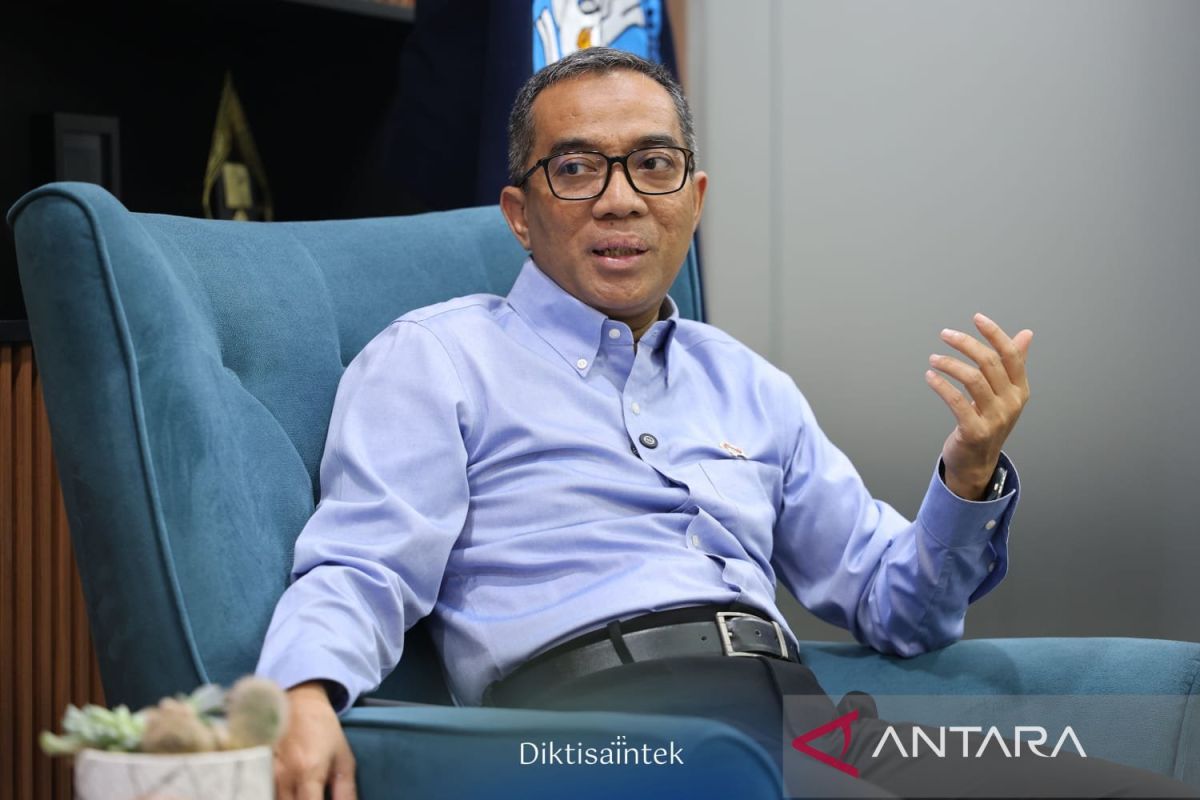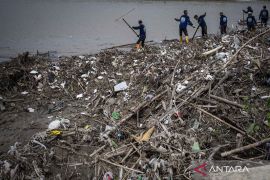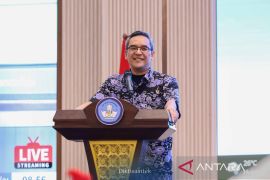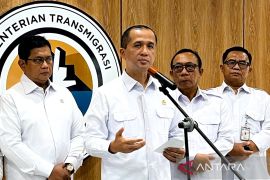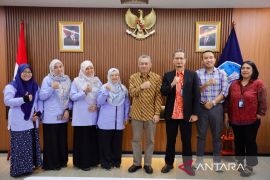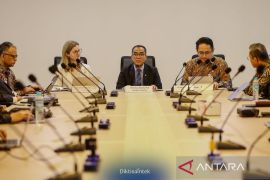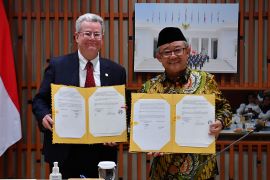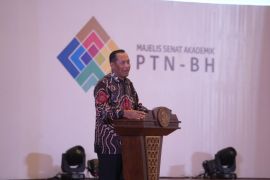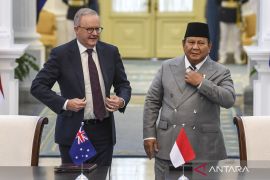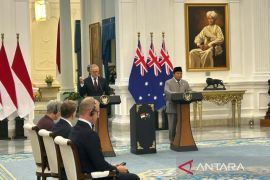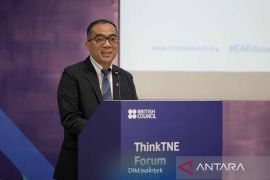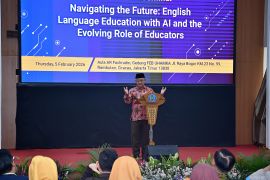"Strategic research, such as the downstreaming of rare earth metals, is already underway in universities. These resources are in high demand globally," Yuliarto said in a statement on Saturday.
He added that his ministry is committed to optimizing the education budget to strengthen research and innovation ecosystems, expand access to higher education for Garuda School graduates, and promote downstreaming of natural resources to support the national economy.
"I hope the outcomes of this research will provide real solutions for industrial self-sufficiency," he said.
Related news: RI Govt pledges strengthening palm oil downstreaming through research
Finance Minister Sri Mulyani Indrawati previously announced that Rp150.1 trillion (USD9.26 billion) of the education budget was allocated for schools and universities.
This includes Rp401.5 trillion (USD24.7 billion) for student aid programs such as Kartu Indonesia Pintar (KIP) and Bidikmisi, and four thousand scholarships from the Education Fund Management Institute (LPDP).
Additionally, Rp9.4 trillion (USD580 million) is allocated for operational support to 201 state universities, she said.
The Garuda Schools program will also be expanded to nine remote, outermost, and underdeveloped (3T) regions to promote equitable access to quality education.
President Prabowo Subianto, in his first State of the Nation Address to Parliament on Friday, emphasized that the education sector remains a key priority, with Rp757.8 trillion (USD47.6 billion) earmarked for 2026 — the largest allocation in Indonesia's history.
"The education budget must be well-targeted to improve teacher quality and strengthen vocational education aligned with workforce demands," he said while emphasizing that education is a key tool in the fight against poverty.
Related news: RI Govt boosts priority research with Rp1.8 trillion funding
Translator: Sean Filo Muhamad, Katriana
Editor: Rahmad Nasution
Copyright © ANTARA 2025
